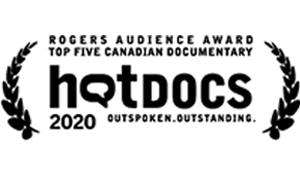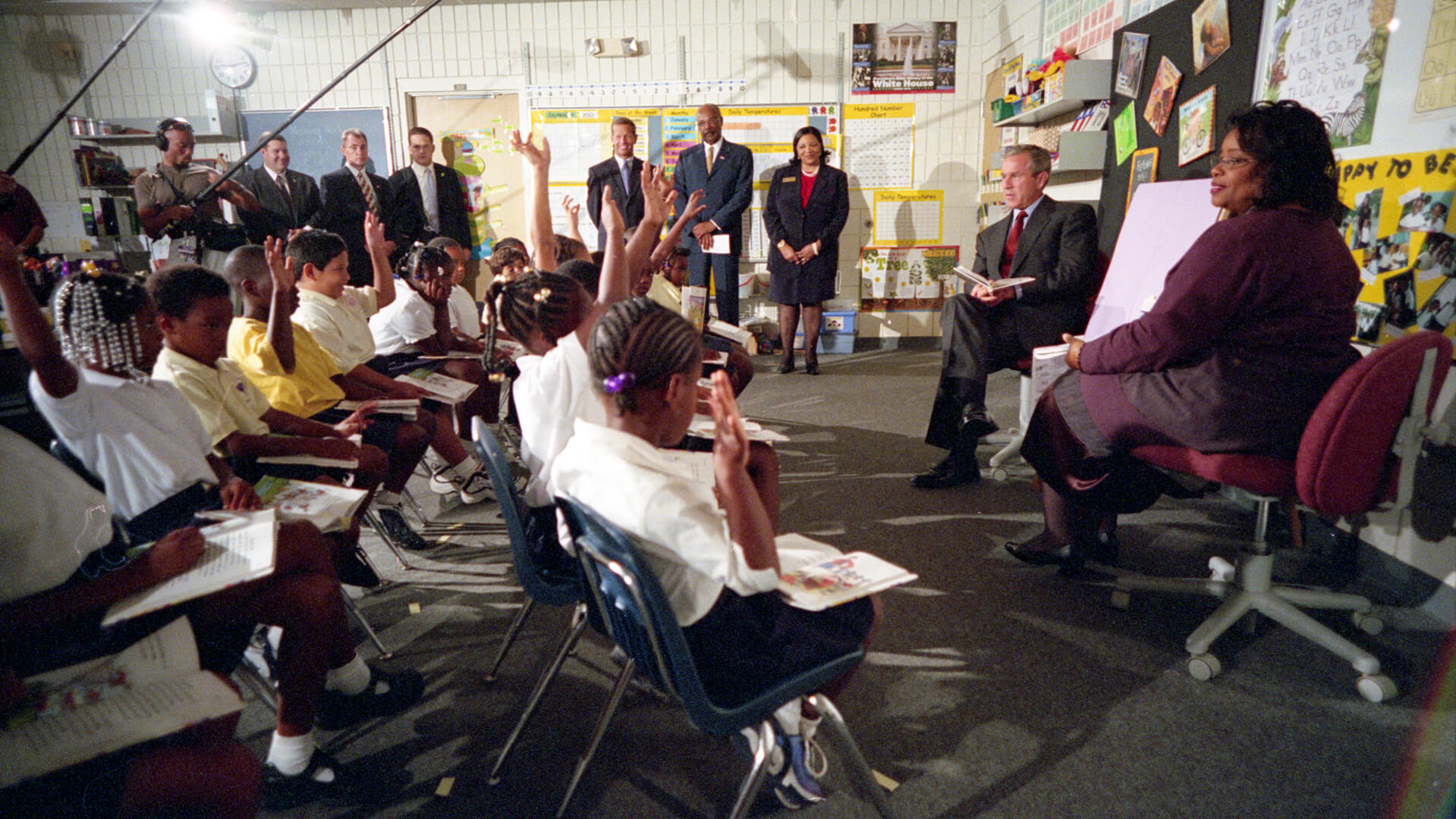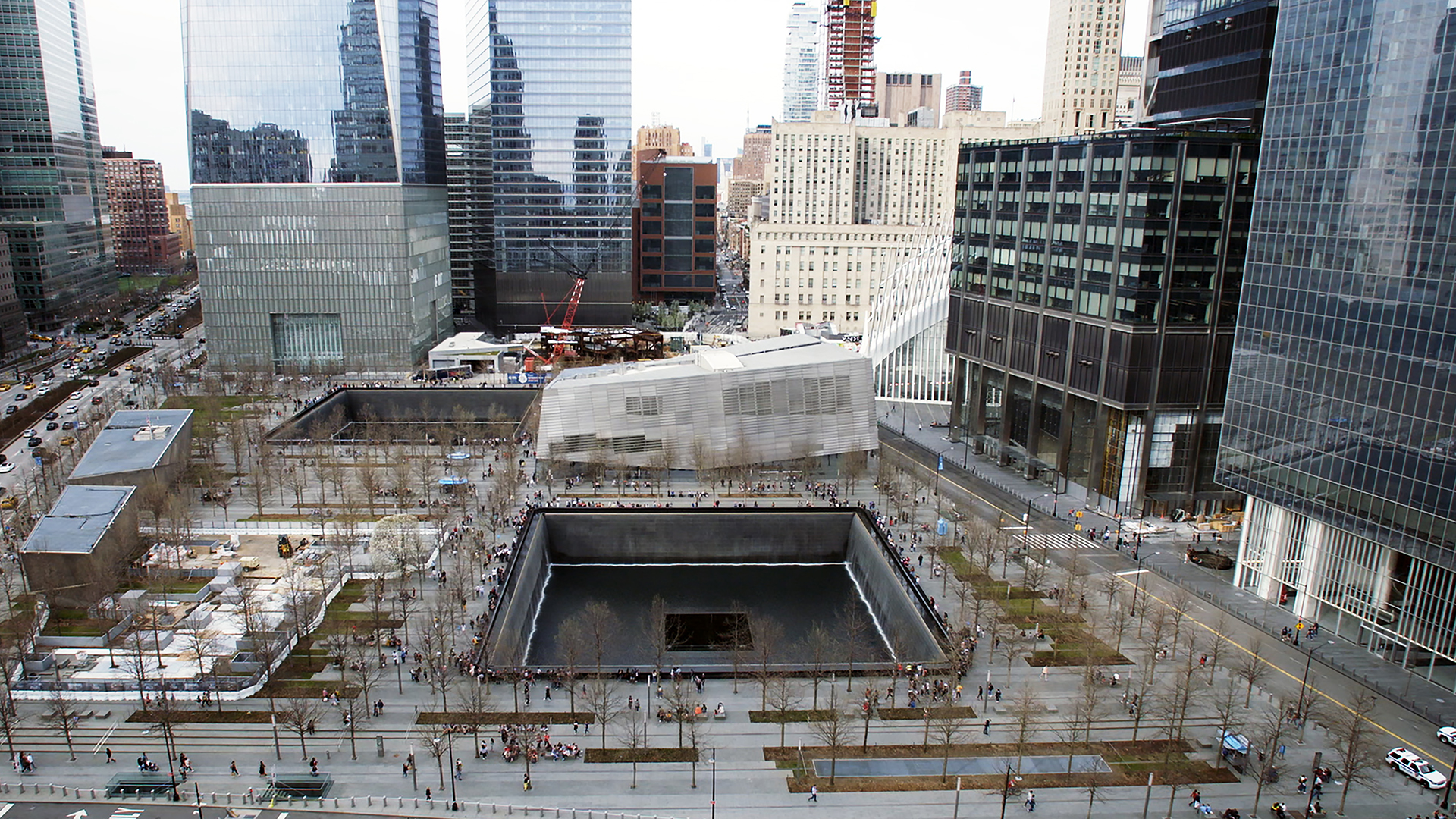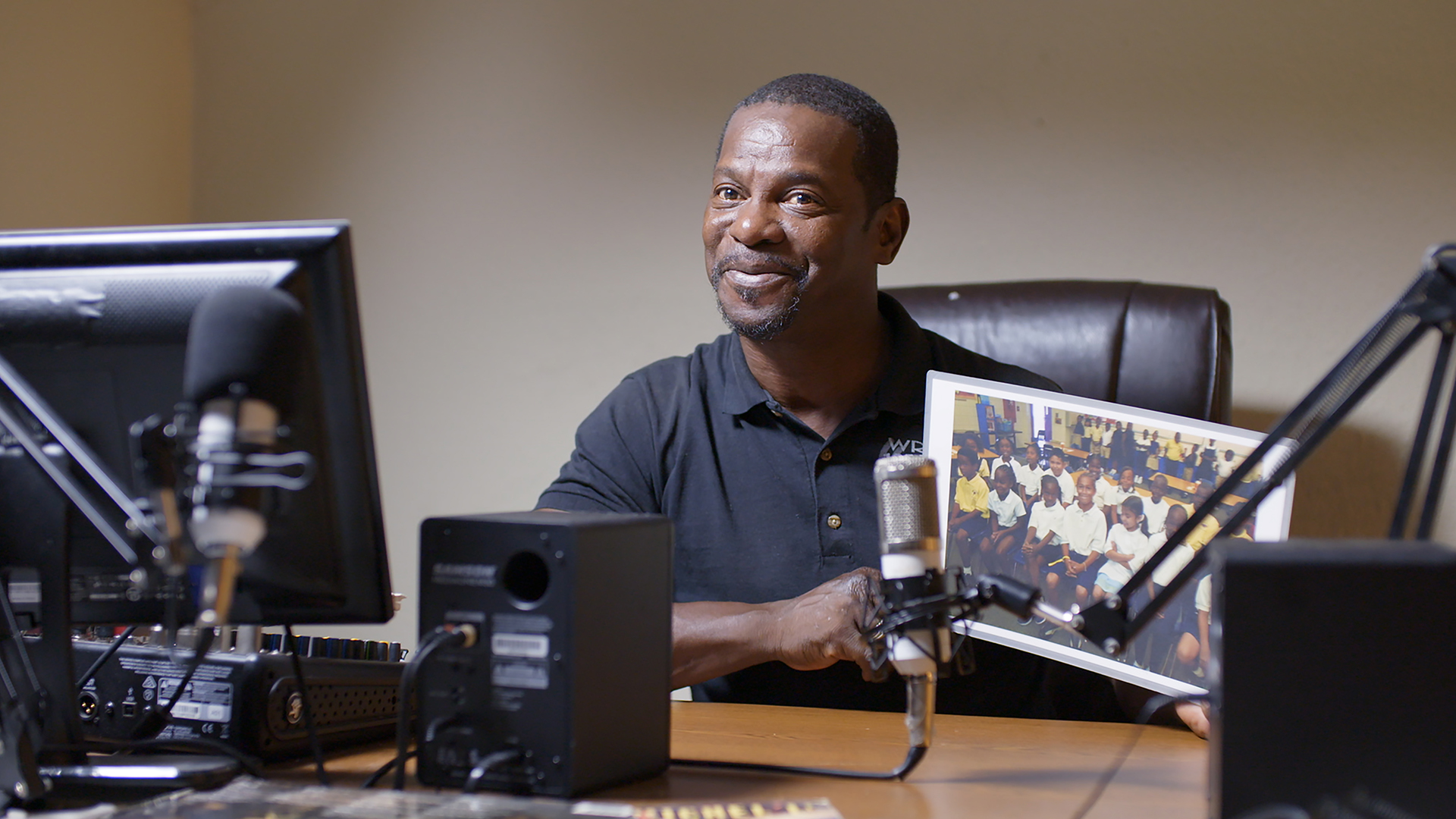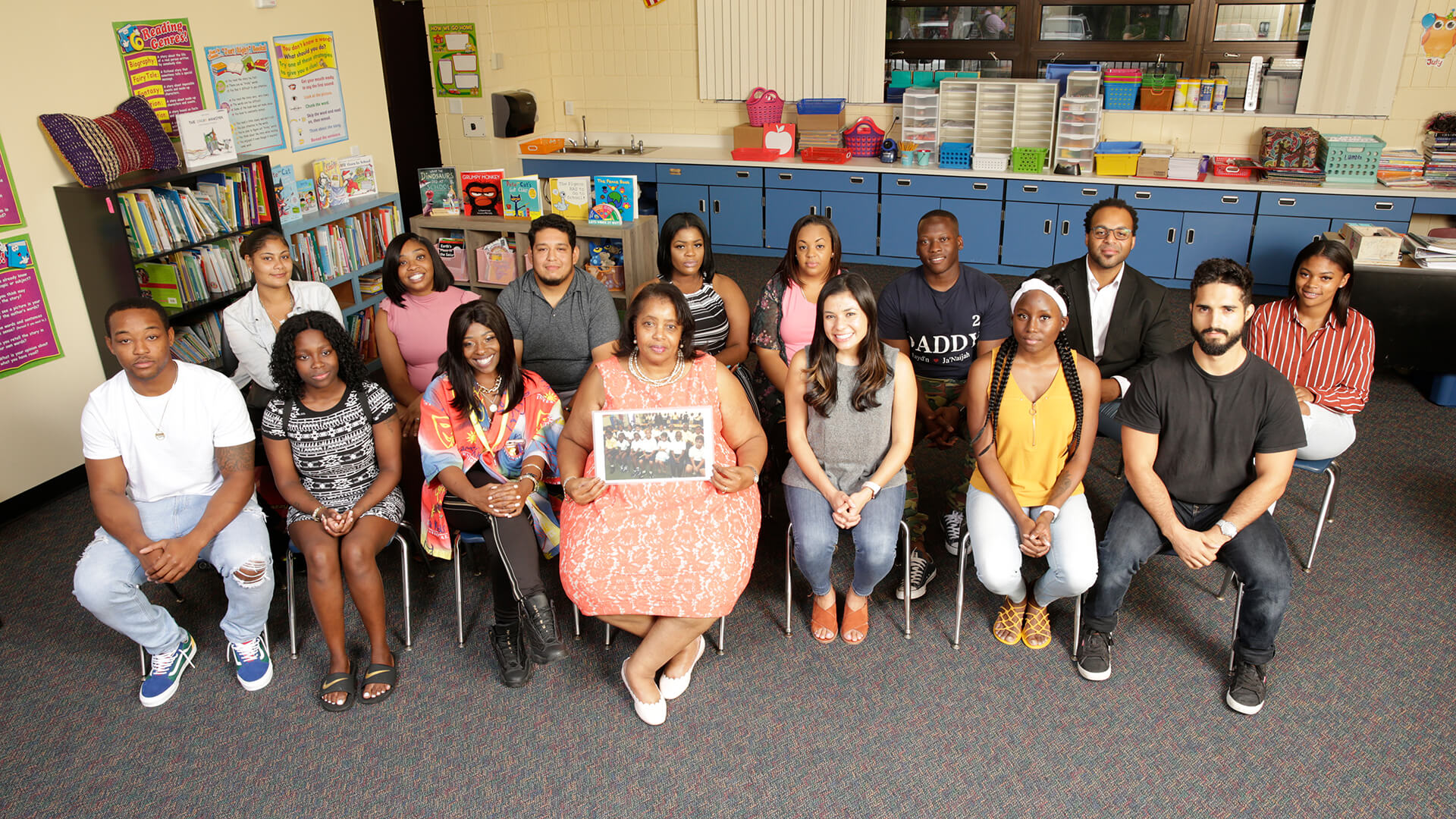9/11 Kids
It’s September 11th 2001. George W. Bush sits in an elementary school in Florida and reads a book with a group of second graders, most of them African American or Latino American. In the middle of the class the president learns about the attack on the World Trade Center. The pictures will later go around the world. What happened to these children? How did political decisions after 9/11 affect their lives?
It was supposed to be a promotion for George W. Bush’s new education program “No Child Left Behind” and ended up being one of the darkest days in US history. George W. Bush sits in front of 16 students at Emma E. Booker Elementary School in Sarasota, Florida. It’s September 11th 2001. The students are between six and seven years old, most of them African American or Latino American from low-income families. They have been selected because they are among the best in their school. Today they are allowed to read to the President; they are surrounded by cameras and journalists.
Andy Card, White House Chief of Staff, walks up to George W. Bush and whispers in his ear: “A second plane hit the World Trade Center. America is under attack.” The president looks stunned, sits motionless in his chair for minutes. Then he continues to read. The pictures will later go around the world.
What happened to these children? How did political decisions after 9/11 affect their lives? The film “9/11 Kids” follows six of the former students over a period of one year and explores how this day changed their lives and that of their country. Two decades after the “No Child Left Behind” campaign – after promises of more equal opportunities — many of the children who were sitting in that classroom in 2001 are now in their twenties, and are protesting in the “Black Lives Matter” movement against discrimination, racism, and police violence in the USA. How could this happen?
“9/11 Kids” paints a multifaceted portrait of Afro-Americans and Hispanics in the USA and offers a glimpse into a milieu that is often reduced to crime and violence in the daily news. Their fates are symptomatic of the trauma of a generation that grew up with fear of global terror, two costly wars, a global economic crisis and the digital revolution.
Some of those students have indeed become criminals; others are trying to break out of their structures or are serving their country in the military in a struggle for survival. Their biographies reflect the domestic political conflicts. 9/11 did not make life easier for People of Color in the USA: Shortly after the attack, all of America is united in pain and the determination to bring about quick justice through war. Almost two decades later, however, US Americans distrust of immigrants, strangers and even their own neighbors under President Donald Trump has never been greater — and it has become a political agenda.
The film shows a nuanced picture of People of Color in the US and tells the complexity of the racial conflicts through the stories and thoughts of the protagonists. The feeling of worthlessness and lack of opportunity, the precarious family relationships and the incomprehension of the privileged have solidified into complex structures — structures that are now discharged in sometimes violent riots and protests.
Directed by
Elizabeth St. Philip
Creative Producer
Tuan Lam
Julia Krampe
Lea-Marie-Körner
Director of Photography
Chris Romeike
Editing
Greg West
Production Managers
Francesca Da Ros
Milena Mason
Line Producer
Betty Orr
Kathrin Isberner
Commissioning Editor
Jutta Krug (WDR/ARTE)
Produced by
Christian Beetz
Steve Gamester Elizabeth St. Philip
Sales & distribution
- Press kit
- Press photos
-
„Just in diesem Moment überraschen uns die aus dem Theaterbereich stammenden jungen Regisseure Hans Block und Moritz Riesewieck mit einem erstaunlichen Dokumentarfilm, der seit Monaten Publikum und Kritik auf den wichtigsten Festivals der Welt elektrisiert. Völlig zu Recht: Es ist, als würden einem die Scheuklappen weggerissen, als sähe man das, was sich seit Jahren direkt vor unseren Augen abspielt, zum ersten Mal unverschleiert... eine fesselnde ,Doku noir' mit höchstem Anspruch...Dieser Film müsste an allen Schulen gezeigt werden.“
Frankfurter Allgemeine Zeitung
17.05.2018

